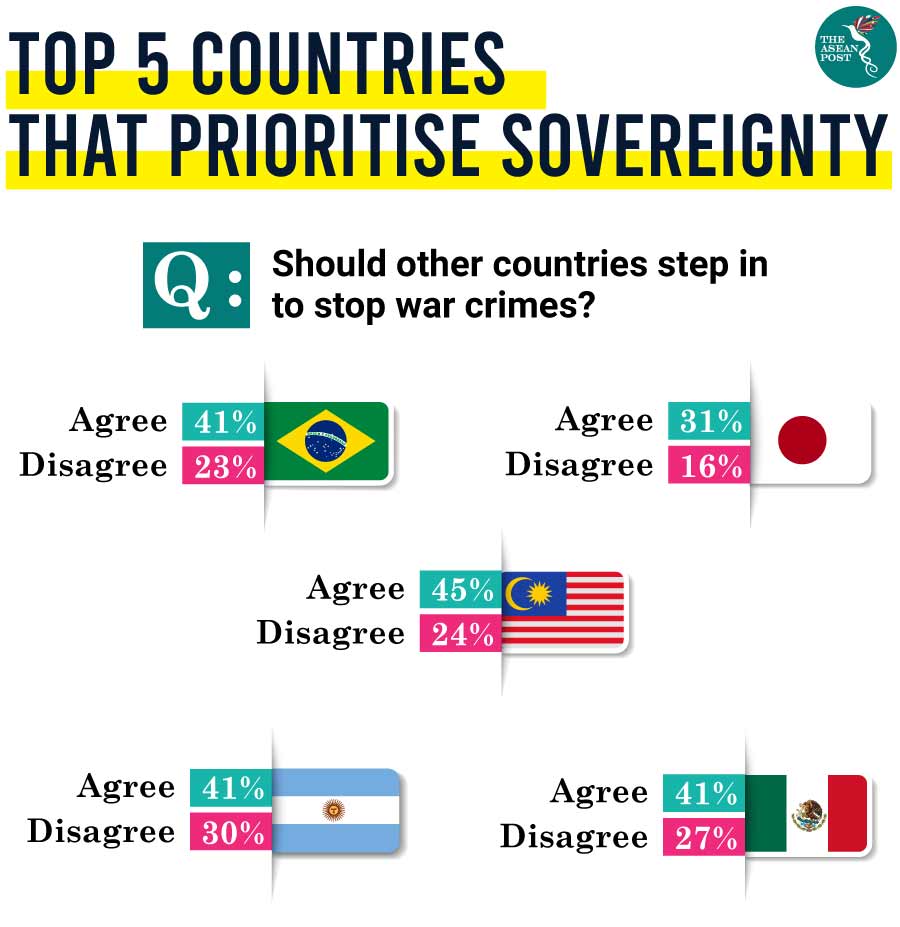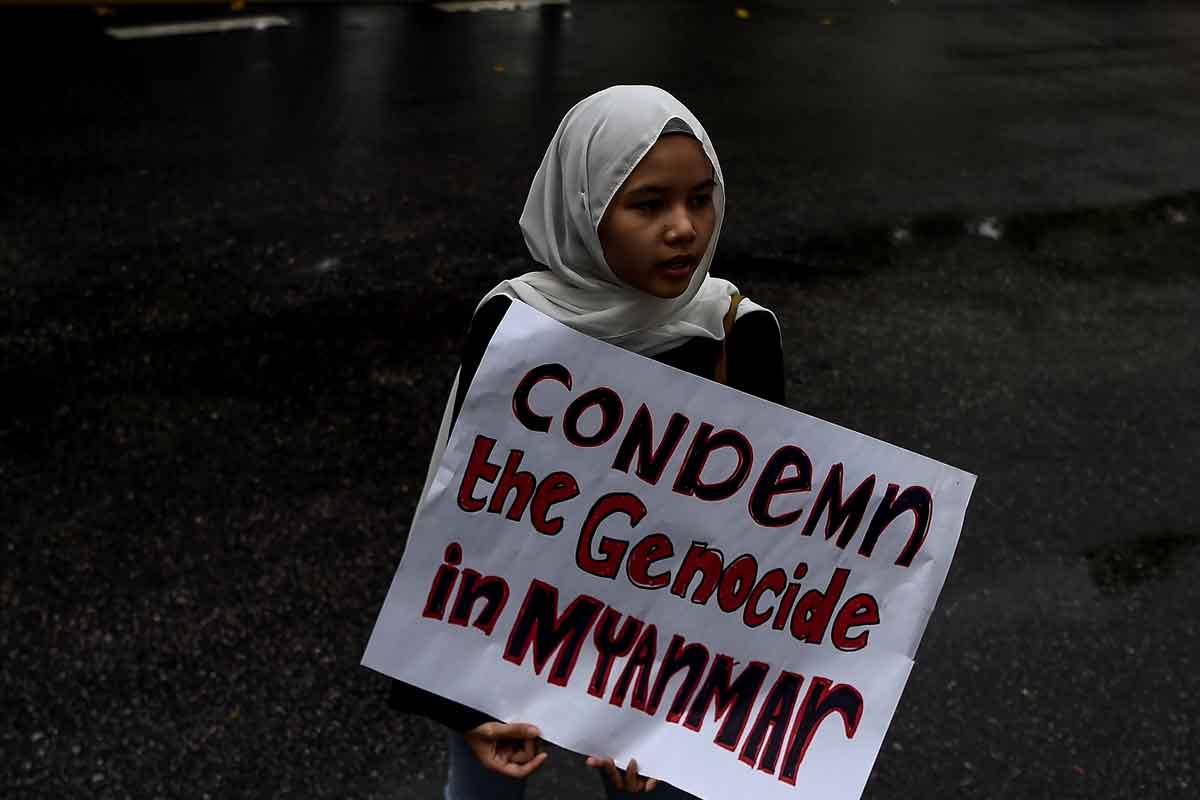During the recently concluded 34th ASEAN Summit in Bangkok, Malaysian leaders made some strong comments on the Rohingya crisis. Last Saturday with his Southeast Asian counterparts, Malaysia’s Foreign Minister Saifuddin Abdullah called for the “perpetrators of the Rohingya issue to be brought to justice.” This was revealed by his ministry on Twitter.
Not long after, it was also reported that Malaysian Prime Minister Mahathir Mohamad had also asked for International monitoring bodies to ensure that Rohingya refugees who return to Myanmar are not exposed to any danger.
It isn’t only Malaysian leaders who have been vocal regarding the alleged mistreatment of the Rohingya. In 2016, close to 10,000 people gathered at the Titiwangsa Stadium in Kuala Lumpur to protest against what the Malaysian government at the time had described as "ethnic cleansing" of the Rohingya minority in Myanmar's Rakhine state. They consisted of leaders and members of the then ruling United Malays National Organisation (UMNO) and opposition Malaysian Islamic Party (PAS), as well as Muslim Rohingya refugees, who sat and stood side by side chanting "Allahu akbar" (God is Great).
Later in 2017, hundreds of protesters demonstrated in Malaysia in support of Myanmar's Rohingya Muslim minority after alleged violence had forced thousands to flee the country.
The Rohingya issue isn’t the only one where Malaysia has expressed its concern over human rights abuses in other countries. This is also very much apparent when talking about the conflict between Israel and Palestine.
Early in January 2018, Malaysia, which does not maintain diplomatic relations with Israel, announced it would bar Israelis from any event in the Southeast Asian nation after banning Israeli athletes from the World Para Swimming championships in 2018. Malaysia was eventually stripped of their hosting rights for the event.
Israel, in a statement, even responded saying that it condemned Malaysia’s ban on Israeli participation in international sporting events the Southeast Asian country hosts and said the decision was inspired by Mahathir’s “rabid anti-Semitism.”
In 2017, civil society groups urged Malaysians to boycott products made in Israel to protest United States (US) President Donald Trump’s recognition of Jerusalem as Israel’s capital. Malaysian People’s Economic Party (PERKIRA) president Mohd Ridzuan Abdullah had said they would distribute 100,000 flyers nationwide to ensure that people were aware of the products.
To care, or not to care?
Malaysia is apparently concerned regarding the events in Palestine and Myanmar and this concern can be found among members of the general public as well. It is somewhat ironic then that global market research and consulting firm, Ipsos, found Malaysians to be among the most disagreeable when it comes to foreign intervention; even when that foreign intervention was due to war crimes being committed in other countries.

If what Palestinians are accusing Israel’s military of doing is even half true then the actions could be regarded as war crimes. While the alleged genocide of Rohingya in Myanmar would not fall under the definition of a war crime, “murdering civilians” is.
However, when examining global attitudes to human rights in 24 countries, Ipsos found that Malaysia is in the bottom five when it comes to agreeing to foreign intervention. In the survey titled “The Age of Impunity?”, when asked “If a country commits war crimes other countries should intervene to stop it, even if that infringes on its sovereignty?” 45 percent of Malaysians polled said they agreed, while 24 percent said they disagreed that other countries should intervene. The remaining pollsters were on the fence or did not answer.
The question that remains is whether Malaysians then believe that conflicts such as the ones in the Middle East as well as in Myanmar should and can be resolved internally? If so, do they also agree with their prime minister’s call for international monitoring bodies to ensure the safety of returning Rohingya refugees?
There is little doubt that Malaysia’s concerns over the alleged oppression of the Palestinians and the Rohingya are rooted in the fact that most of the alleged victims are Muslims. This is understandable considering that Malaysia is a Muslim majority country.
This, however, does not explain Malaysia’s real stance on whether foreign intervention is indeed called for when it comes to war crimes, even if it comes at the cost of sovereignty. It is hoped, however, that the Muslim Malaysians stance does not mean that they only feel Muslims deserve protection when it comes to war crimes. The Quran, after all, says “If anyone saves a life, it shall be as though he had saved the lives of all mankind.”
Related articles:
